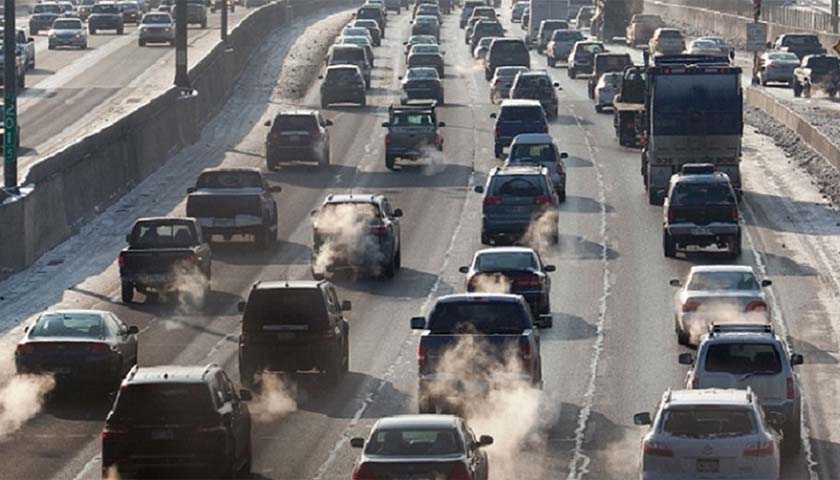by Evan Stambaugh
Minnesota Democrats are attempting to push through the legislature a bill to make the state 100 percent carbon-free by 2040.
HF 7 was introduced at the beginning of the new legislative session on Jan. 4, with a hearing on the bill held Wednesday by the Minnesota House of Representatives’ Climate and Energy Finance and Policy Committee.
The bill’s chief author is House Majority Leader Jamie Long, a Democrat from Minneapolis, who testified that “climate change” is responsible for a hotter planet, an increased frequency in flooding, a greater need for infrastructure repairs, and higher fossil fuel pollution.
He further claimed that Minnesota has “slipped” in its commitment to renewable energy compared to other states.
“We’re also not on track to hit our goal in reducing carbon emissions 80 percent by 2050, and this goal is still short of what science says we need to achieve,” said Long. “But we can turn this around.”
HF 7 sets a far more ambitious target, which is to reduce carbon emissions 80 percent by 2030 and to be completely carbon-free by 2040. The bill’s “carbon-free standard” would require electric providers to “generate or procure sufficient electricity generated from a carbon-free energy technology to provide the electric utility’s retail customers in Minnesota.”
The bill also codifies the term “environmental justice area,” which is defined as a part of Minnesota in which “40 percent or more of the area’s total population is nonwhite, 35 percent or more of households in the area have an income that is at or below 200 percent of the federal poverty level, [or] 40 percent or more of the area’s residents over the age of five have limited English proficiency.”
Gov. Tim Walz has made a carbon-free Minnesota one of his top priorities. A report from last September warned that zero carbon emissions could cost families and businesses up to $313 billion, result in lost jobs, and potentially expose the grid to blackouts.
Echoing these concerns at Wednesday’s hearing was Brian Cook, director of energy policy at the Minnesota Chamber of Commerce.
“Creating this new government mandate on energy producers on such an accelerated timeline will be expensive,” he said. “The cost will be passed through to customers on their utility bills, customers already facing cost increases that outpace the rest of the nation. It will put even more stress on an already-stressed grid.”
– – –
Evan Stambaugh is a freelance writer who had previously been a sports blogger. He has a BA in theology and an MA in philosophy.
Photo “Vehicle Emissions” by Renwang101. CC BY-SA 4.0.








